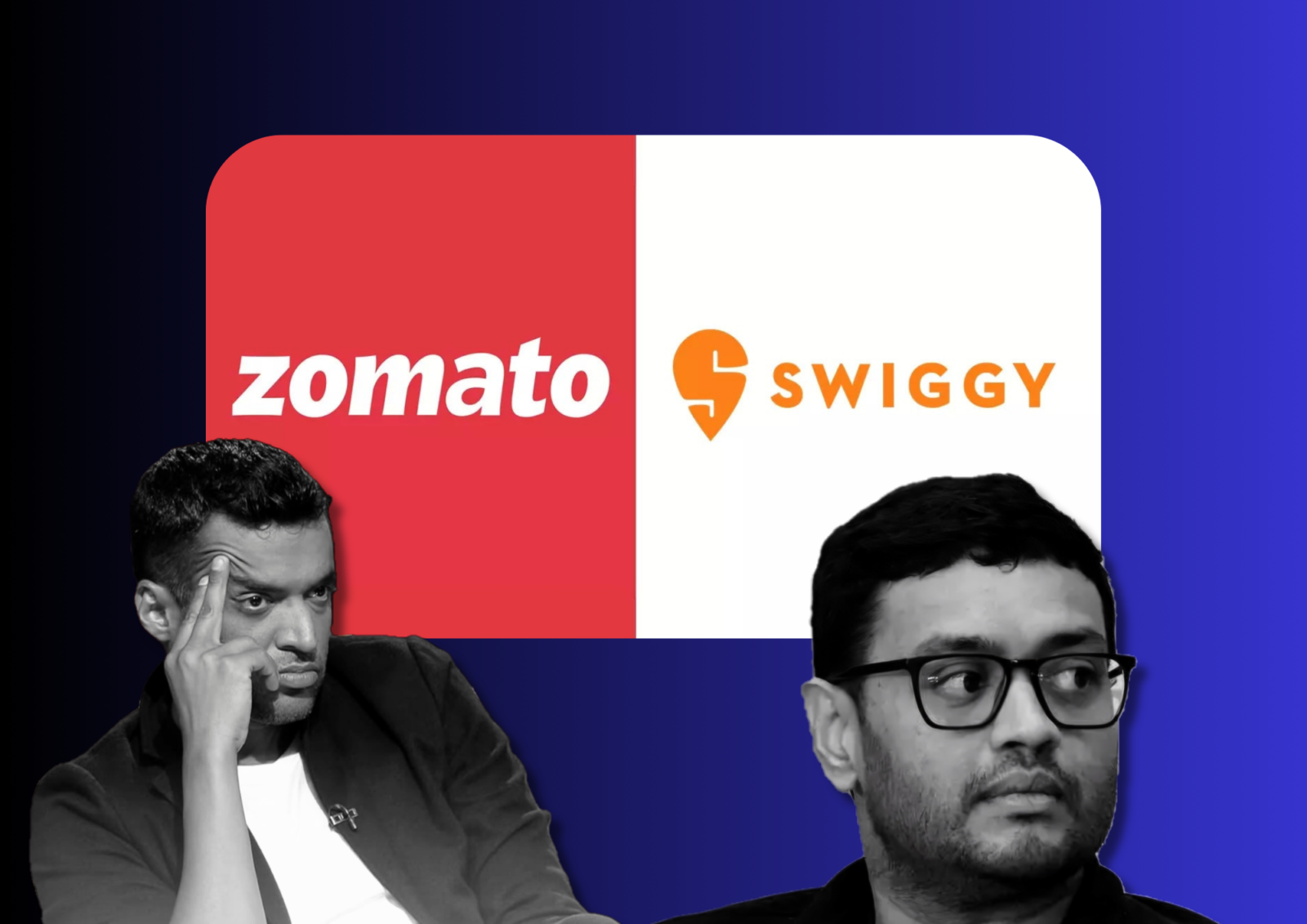In a significant move, India’s Competition Commission (CCI) has found food delivery giants Zomato and Swiggy guilty of breaching antitrust laws. An extensive investigation revealed both companies engaged in practices favoring select restaurant partners, raising concerns over market fairness and competition.
According to CCI findings, Zomato and Swiggy used “exclusivity agreements” with specific restaurants, limiting other platforms’ access and restricting competition. Zomato reportedly entered exclusive contracts with lower commissions in return, while Swiggy promised growth to restaurants participating in its “Swiggy Exclusive” program—an arrangement that has since been discontinued but may reappear in a different form under a proposed “Swiggy Grow” program aimed at non-metropolitan cities.
The investigation found these exclusivity practices, combined with price parity mandates, may have limited competitive options for restaurants. CCI’s findings suggest that Zomato’s platform imposed pricing and discount restrictions, sometimes with penalties for non-compliance, while Swiggy allegedly warned some partners that failure to uphold price parity would result in lower visibility on its app. These tactics have drawn criticism from the National Restaurant Association of India, which filed the original complaint in 2022.
The revelations come at a critical time, as Swiggy prepares to close bidding for its $1.4 billion IPO, marking India’s second-largest public offering of the year. The potential penalty from the CCI probe is flagged as a “risk” in Swiggy’s IPO prospectus, which cautions against possible financial repercussions if the company is penalized for anti-competitive practices.
With Zomato valued at $27 billion following its IPO in 2021, and Swiggy targeting an $11.3 billion valuation, both companies are expanding rapidly beyond food delivery, venturing into ultra-fast grocery delivery. Yet, they face increasing scrutiny, not only from the CCI but also from industry groups such as India’s top retail distributors, who have urged the regulator to investigate alleged predatory pricing within the quick-commerce sector.
The CCI’s final verdict, expected in the coming weeks, could lead to fines or required changes in Zomato’s and Swiggy’s business models. However, both companies retain the right to challenge the findings. In the meantime, Zomato’s shares dipped 3% on the news, reflecting investor caution over regulatory risks.
As smartphone and internet use continue to rise in India, these findings underscore the impact of tech-driven platforms on traditional markets and competition. The outcome of the CCI’s decision may set a precedent for India’s rapidly evolving digital economy and its approach to regulation in the tech space.








